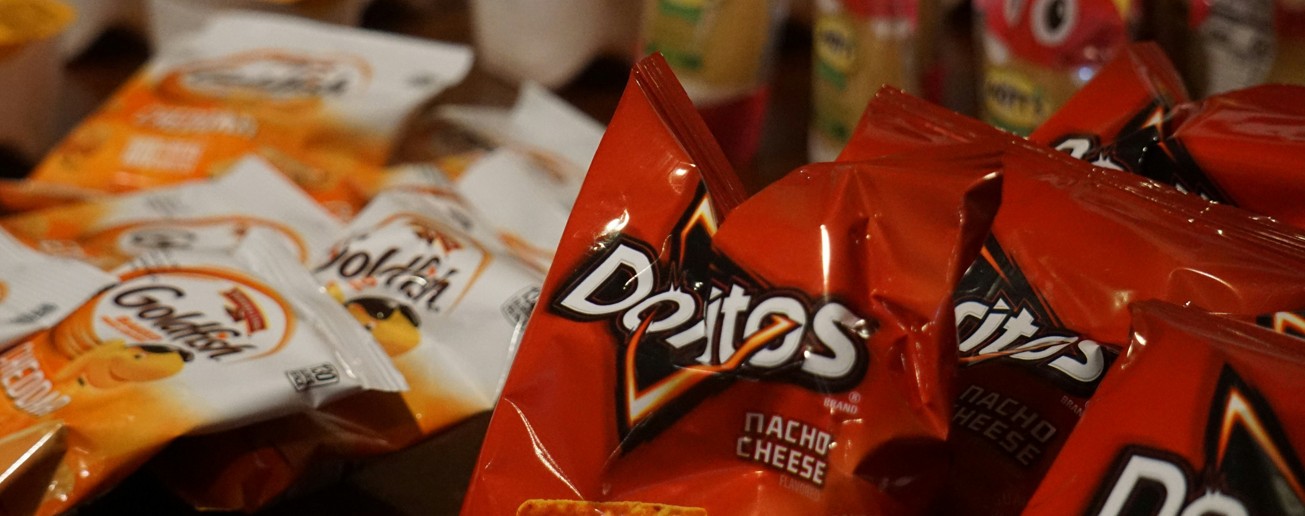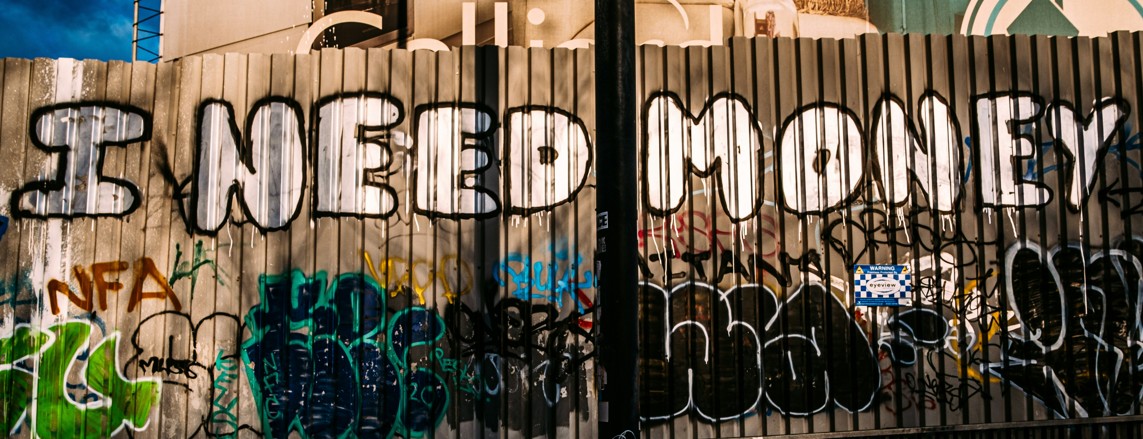Why Should We Fight For a Livable Minimum Wage?

Nov 08 | 2016

Money talks!
Even though the focus is off of him these days, during Bernie Sanders’s run for presidency, one of the things we heard over and over was, “raise minimum wage, raise minimum wage!” In fact, one of the Vermont Senator’s most applauded proposals was raising national minimum wage from its current amount of $7.25/hr to $15/hr. Numerous officials have argued $15 is the bare minimum for an actual livable wage, the current minimum ($15,000 annually) falling well below the nation’s poverty standard for a family of four ($23,000 annually). Across the board this election politicians were reticent to support enacting a federal living wage. In fact, a 2013 Gallup poll found that 76% of Americans support raising minimum wage, so why isn’t it happening? We wanted to track why minimum wage was such a big deal among Bernie Sanders supporters, the history behind minimum wage, and what an increase could mean for you and the rest of America.
Minimum wage was not enacted in America until 1938 (pretty late when you consider New Zealand first passed a law concerning the matter in 1894 and the U.K. passed one in 1909). It came about as part of the passage of the Fair Labor Standards Act by Franklin D. Roosevelt, who, in bringing America out of The Great Depression, passed a host of bills that today’s Republicans would probably deem “socialist.” It may surprise you to read that, when adjusted for inflation, the 1968 minimum wage worker made around 10.75 an hour—much more than today’s minimum wage worker.
Below is a tracking of each minimum wage increase in America (courtesy of Time.com):
October 1938 (FDR): $0.25/hr ($4.15/hr in 2014 dollars)
October 1939 (FDR): $0.30/hr ($5.05/hr)
October 1945 (Truman): $0.40/hr ($5.20/hr)
January 1950 (Truman): $0.75/hr ($7.29/hr)
March 1956 (Eisenhower): $1/hr ($8.61/hr)
September 1961 (Kennedy): $1.16/hr ($8.97/hr)
September 1963 (Kennedy): $1.25/hr ($9.56/hr)
February 1967 (Johnson): $1.40/hr ($9.80/hr)
February 1968 (Johnson): $1.60/hr ($10.75/hr)
May 1974 (Nixon): $2/hr ($9.49/hr)
January 1975 (Ford): $2.10/hr ($9.13/hr)
January 1976 (Ford): $2.30/hr ($9.47/hr)
January 1978 (Carter): $2.65 ($9.51/hr)
January 1979 (Carter): $2.90/hr ($9.34/hr)
January 1980 (Carter): $3.10/hr ($8.80/hr)
January 1981 (Carter): $3.35/hr ($8.62/hr)
April 1990 (Bush): $3.80/hr ($6.82/hr)
April 1991 (Bush): $4.25/hr ($7.30/hr)
October 1996 (Clinton): $4.75/hr ($7.08/hr)
September 1997 (Clinton): $5.15/hr ($7.51/hr)
July 2007 (GW Bush): $5.85/hr ($6.61/hr)
July 2008 (GW Bush): $6.55/hr ($7.12/hr)
July 2009 (Obama): $7.25/hr ($7.80/hr)
As far as developed countries go, the U.S. is tied with Japan for lowest minimum wage compared to average worker’s wage. For example, Australia’s minimum is $17.29 an hour, while France’s is $12.25.
While largely ignored by Washington’s politicians, there haves been advances on the local level regarding minimum wage. L.A. pledged to gradually increase its minimum wage twice over the next few years, reaching $15 by 2020. Seattle will reach $15 in 2017. While San Francisco currently employs the highest minimum wage in the nation, at $13/hr.
Hillary Clinton has publicly come out in support of a federal $12 minimum wage, and $15 one where it makes “economic sense. She clarified this position on her website:
It’s clear that the federal minimum wage is not at all in parallel with the finances it takes to live and work in America, proven by over 20 states having higher minimum wages than the federal level. It’s argued that an increase would be too much of a strain on big business, the fast food industry being the biggest employer of minimum wage workers, but a study said an increase to $15 would only increase the price of Big Mac by 17 cents.










